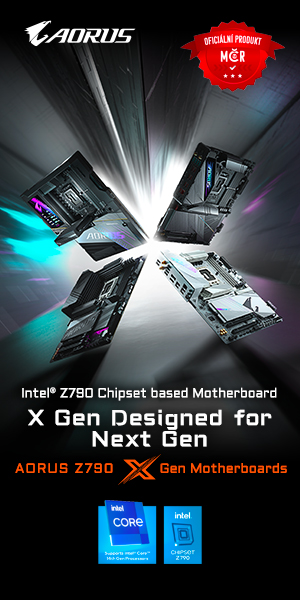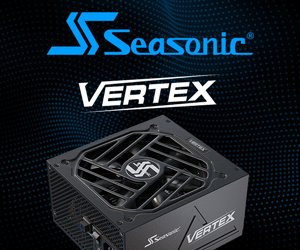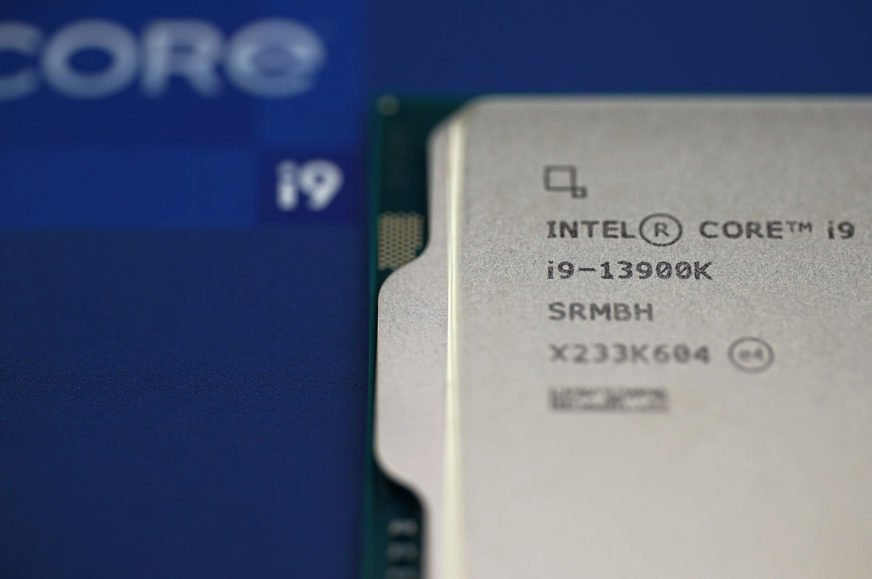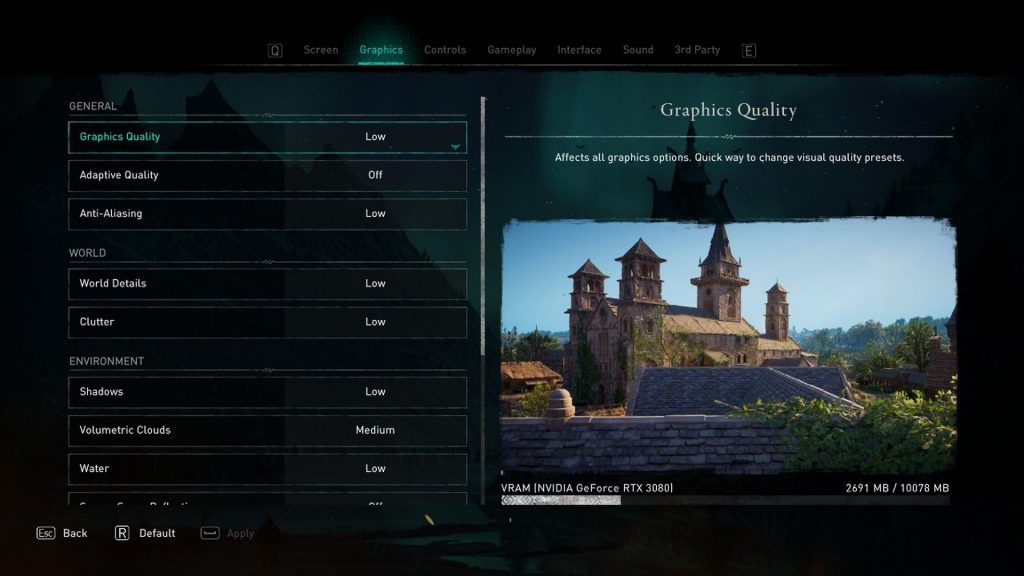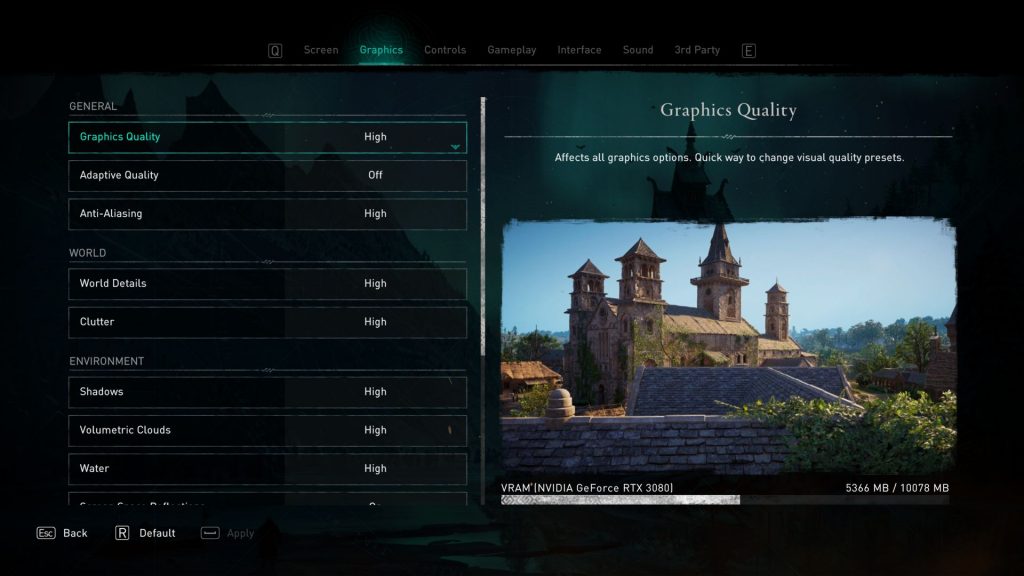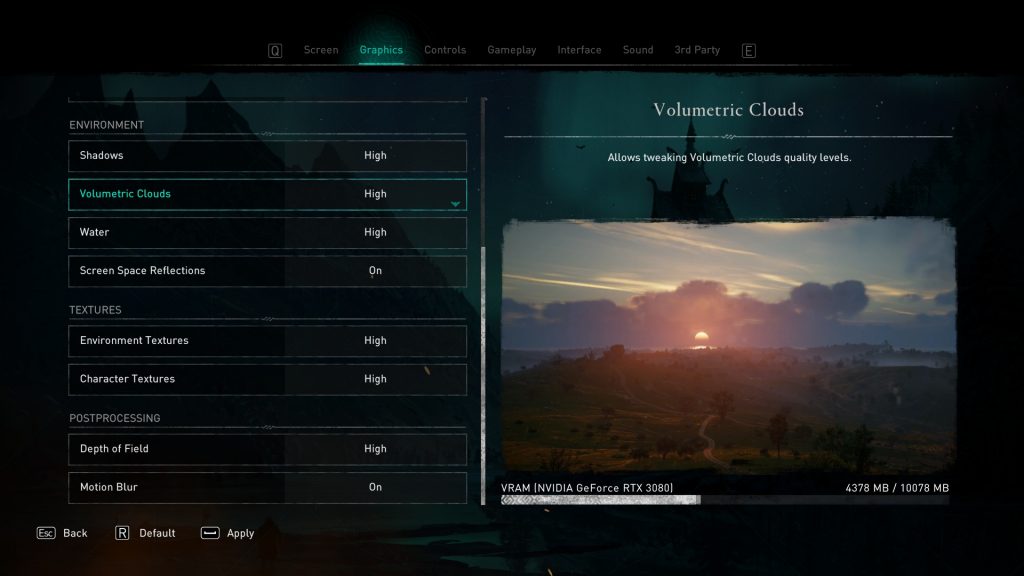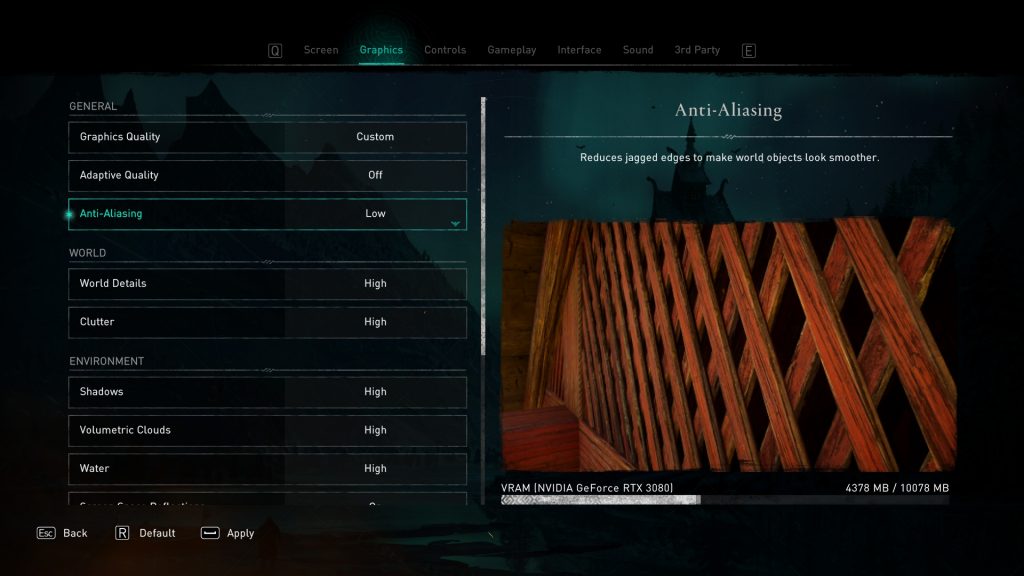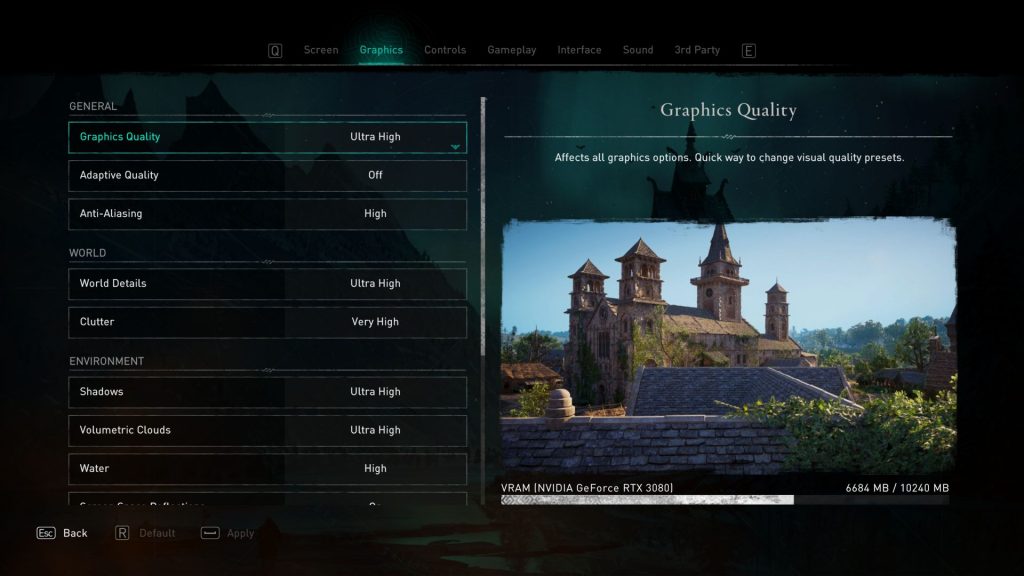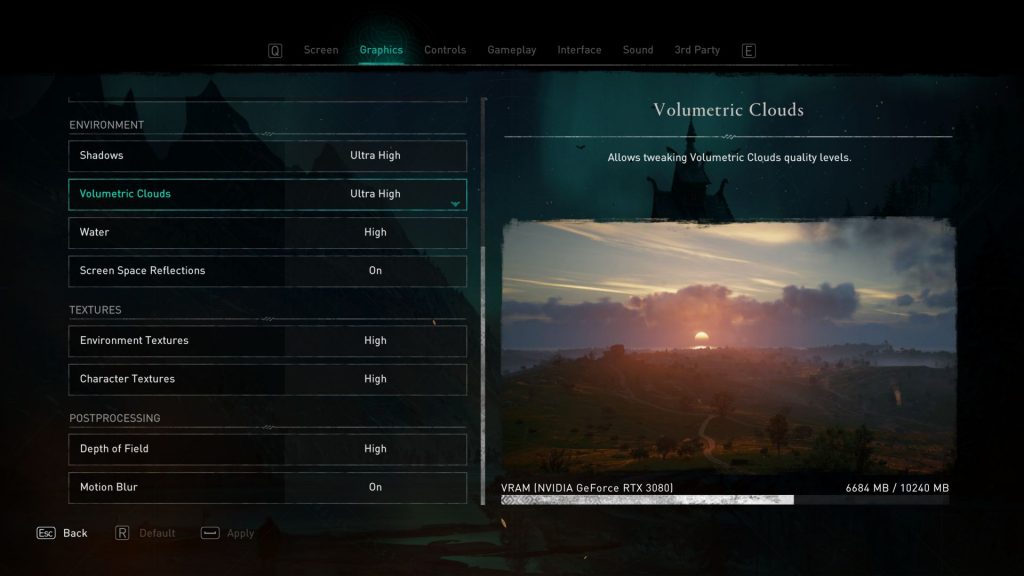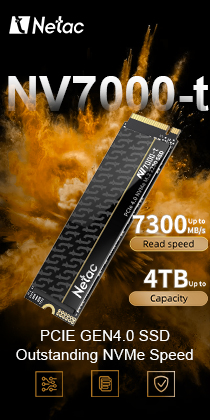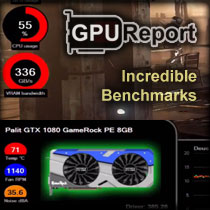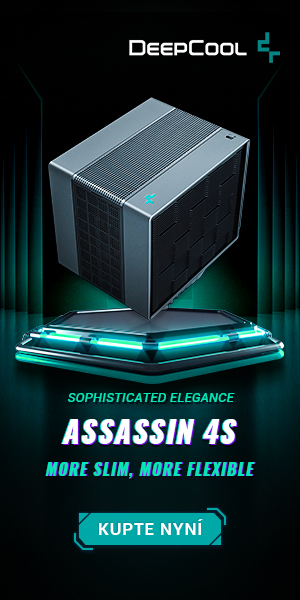Assassin’s Creed: Valhalla
A fully active Intel Raptor Lake CPU chip, that’s tremendous performance for all situations, but also a lot of worries. These revolve around how to use this great potential and not hold anything back. There are more obstacles than usual. When it’s not on a software basis, it’s a struggle with cooling for a change. And you already know that the 13th-generation Intel Core CPU is sometimes more efficient than the Ryzen 7000.
Assassin’s Creed: Valhalla
test environment: resolution 1280 × 720 px; graphics settings preset Low; API DirectX 12; no extra settings; test scene: built-in benchmark.
test environment: resolution 1920 × 1080 px; graphics settings preset Low; API DirectX 12; extra settings Anti-Aliasing: low; test scene: built-in benchmark.
test environment: resolution 2560 × 1440 px; graphics settings preset High; API DirectX 12; no extra settings; test scene: built-in benchmark.
test environment: resolution 3840 × 2160 px; graphics settings preset Ultra High; API DirectX 12; no extra settings; test scene: built-in benchmark.
- Contents
- Intel Core i9-13900K in detail
- Methodology: performance tests
- Methodology: how we measure power draw
- Methodology: temperature and clock speed tests
- Test setup
- 3DMark
- Assassin’s Creed: Valhalla
- Borderlands 3
- Counter-Strike: GO
- Cyberpunk 2077
- DOOM Eternal
- F1 2020
- Metro Exodus
- Microsoft Flight Simulator
- Shadow of the Tomb Raider
- Total War Saga: Troy
- Overall gaming performance
- Gaming performance per euro
- PCMark and Geekbench
- Web performance
- 3D rendering: Cinebench, Blender, ...
- Video 1/2: Adobe Premiere Pro
- Video 2/2: DaVinci Resolve Studio
- Graphics effects: Adobe After Effects
- Video encoding
- Audio encoding
- Broadcasting (OBS and Xsplit)
- Photos 1/2: Adobe Photoshop and Lightroom
- Photos 2/2: Affinity Photo, Topaz Labs AI Apps, ZPS X, ...
- (De)compression
- (De)cryption
- Numerical computing
- Simulations
- Memory and cache tests
- Processor power draw curve
- Average processor power draw
- Performance per watt
- Achieved CPU clock speed
- CPU temperature
- Conclusion



